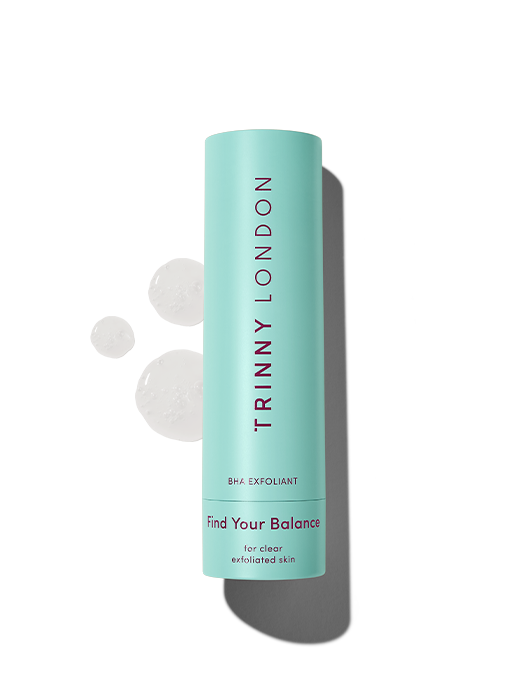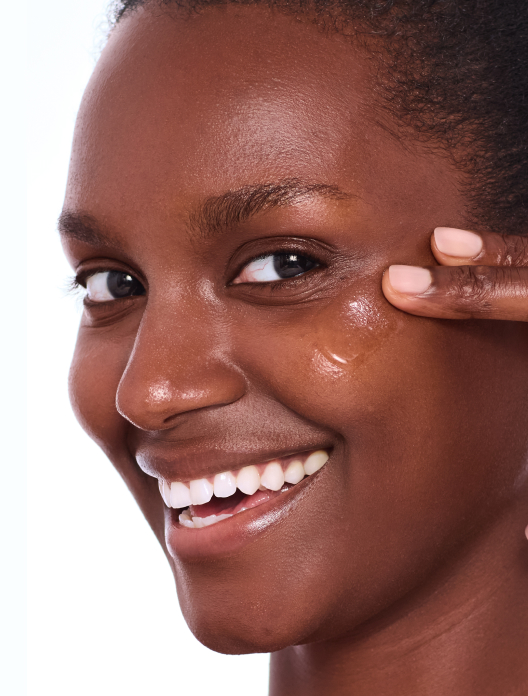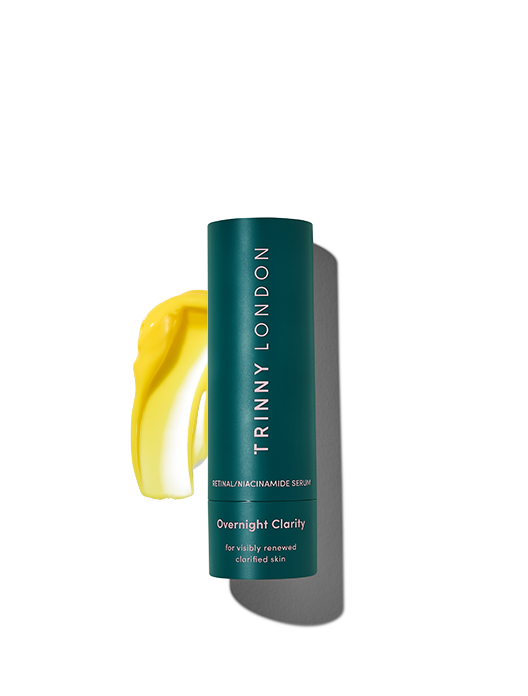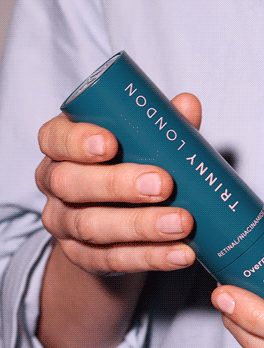

Find Your Balance
Clarifying complex to tackle blemishes

We have sebaceous glands all over our body, which are responsible for creating the sebum (or oil) that keeps our skin soft and comfortable. These glands are most concentrated on our T-zones (across the forehead, down the nose, across the chin) which is why we notice the shine in this area.
Before we get into the main causes of oily skin, let us fill you in on a beauty secret. The oilier your skin is, the younger it will look, as fine lines and wrinkles are more prominent on drier complexions. Of course, that doesn’t mean you can’t do anything about excess oil, but there are pros and cons when it comes to this slippery skin type.
Some things, like the colour of your eyes and where you carry your weight, are down to genetics, and therefore completely out of your control. If your parents also have oily complexions, it’s likely you inherited this trait from them.
Notice that the amount of oil your skin produces varies by season? Hot and humid climates will make you sweat as well as increase sebum production, and your skin will look, and feel, more oily as a result.
Noticed that your skin becomes oilier around your period? You’re onto something. Your hormones naturally surge around this time, producing excess oil. Androgens, a group of hormones including testosterone, are partly responsible (alongside progesterone) for oil production. Their presence and effect on oil flow normally peaks around the time you hit puberty (which is why teens typically struggle with excess oil and hormonal breakouts) and depletes as you age. The peaks and troughs of hormones around menopause can be responsible for an increase in oil too.
A treat every once in a while is fine, but regularly chowing down on greasy takeaways and processed convenience food can have a knock-on effect on your complexion. Some people may also find that eating a large amount of cow’s milk leaves their skin shiny. Before you abandon the splash of milk in your coffee entirely, try keeping a food diary to see if the way your skin looks correlates with what you’re eating and drinking. A varied diet that includes lots of fresh fruit and veg is always best. There is also considered to be a link between diet and acne, which can be associated with oiliness.
When we’re busy or anxious, levels of the stress hormone, cortisol, start to rise. This switches on the skin’s production of oil, meaning skin is greasier, with increased breakouts, during difficult periods. Treating yourself to moments of “me time”, whether that’s a lovely facial massage or a spot of pre-bed meditation, can help if you’re feeling overwhelmed.
Shop the article


Clarifying complex to tackle blemishes


Retinal/niacinamide serum for visibly smooth, even skin, suitable for all skin types
Read, watch and be inspired...